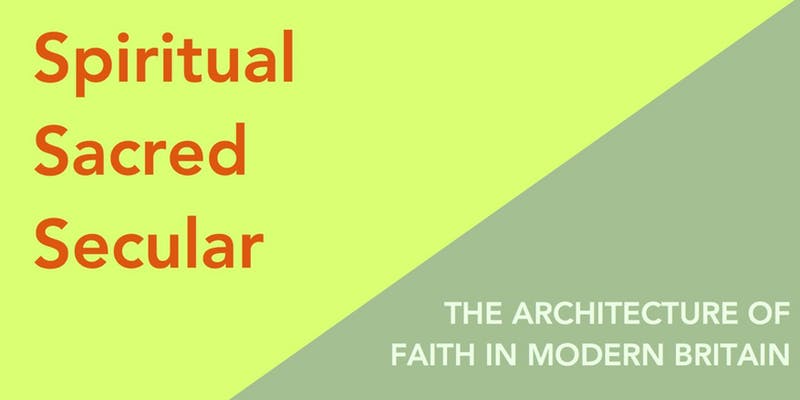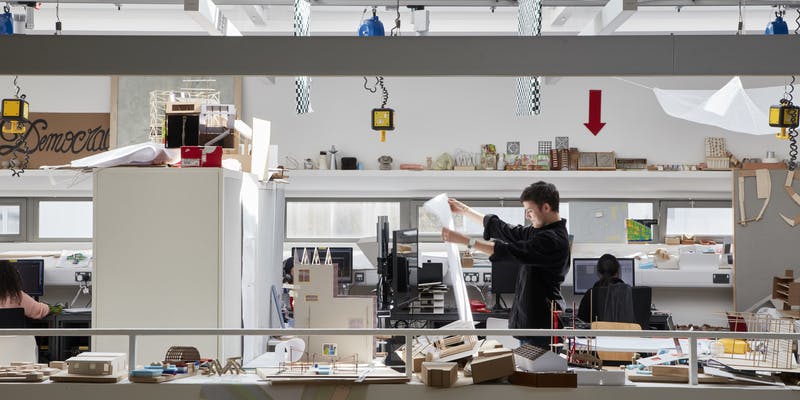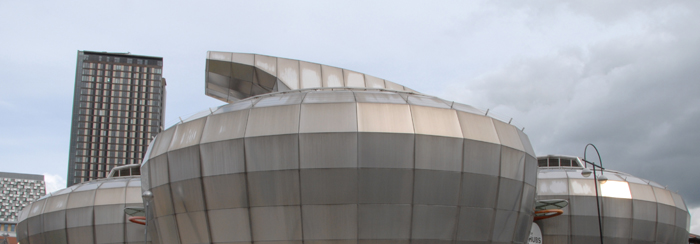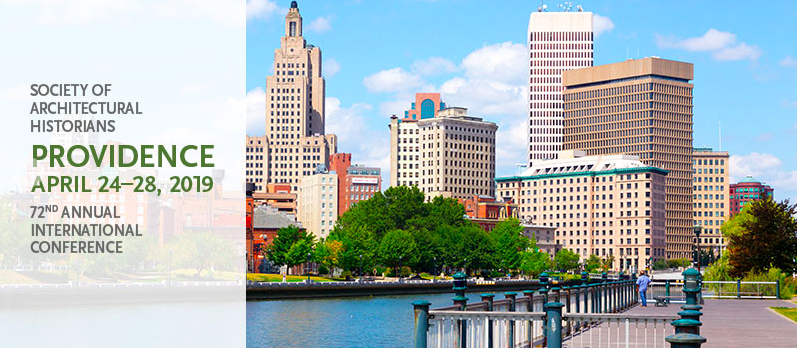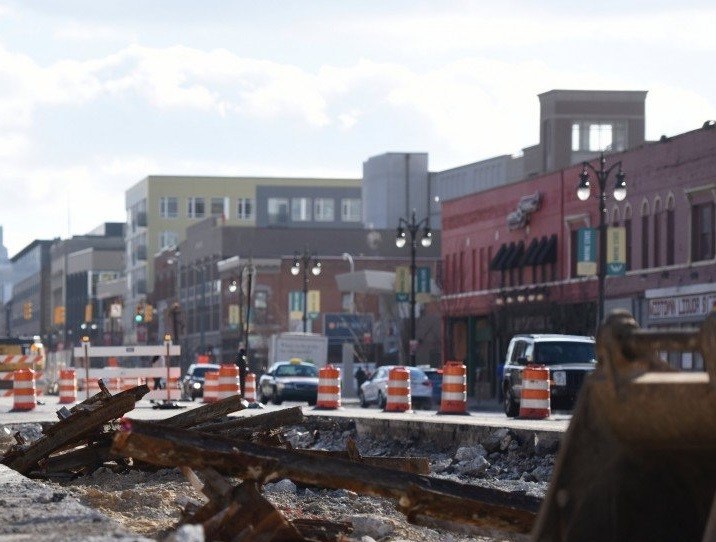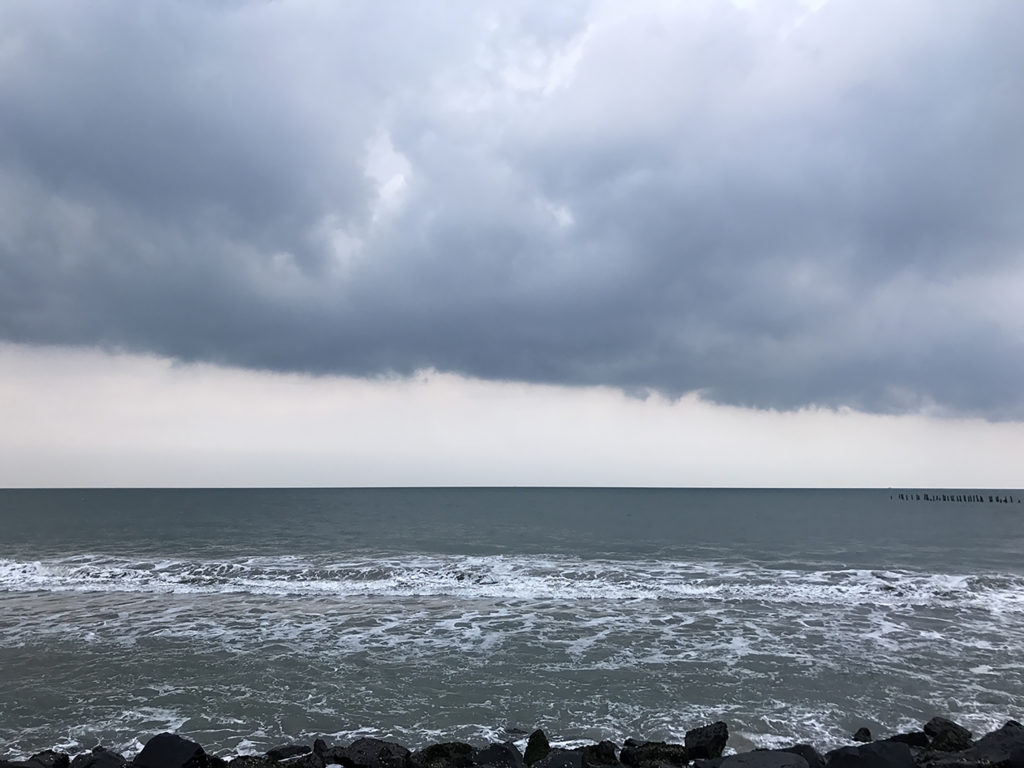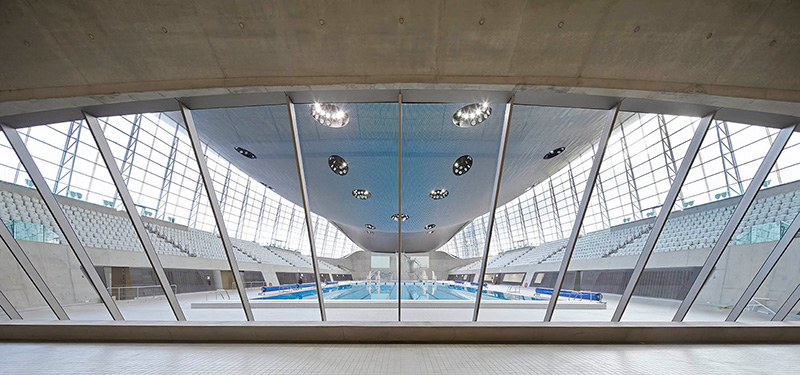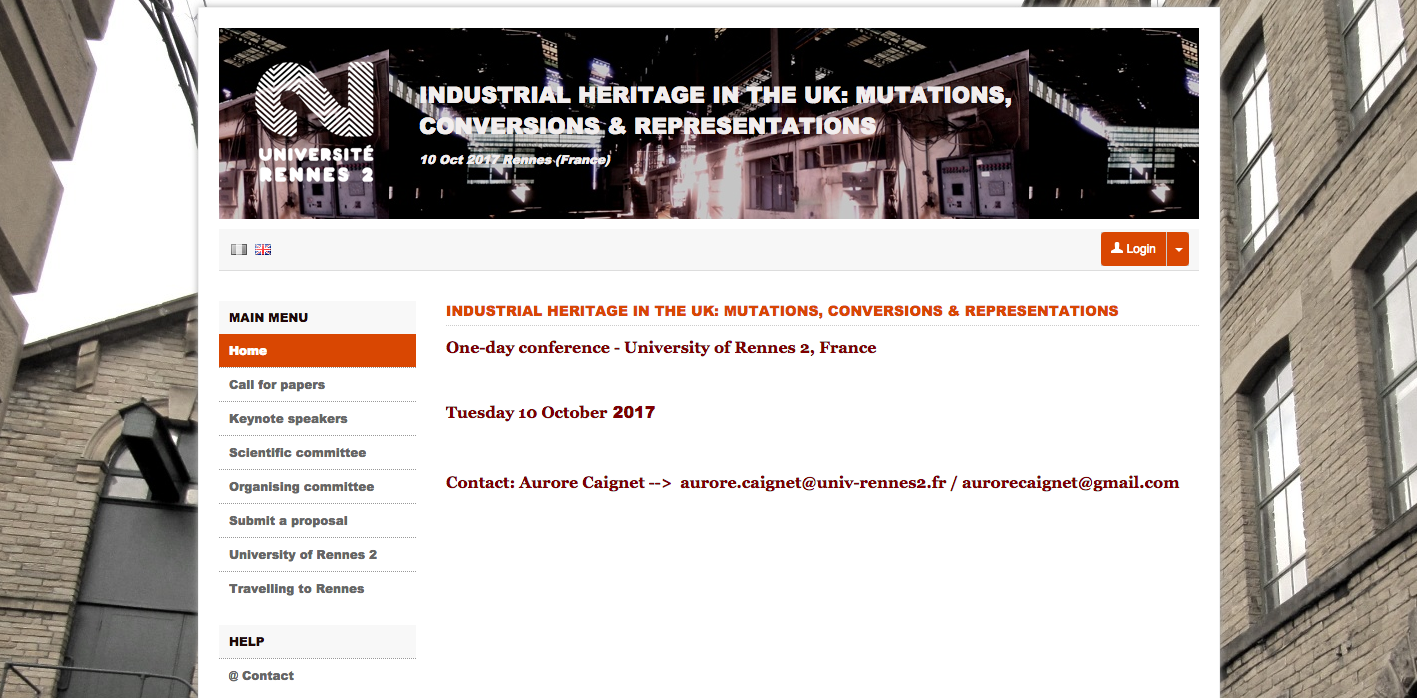Monsoon Waters
Call for Papers
Deadline: 08 January 2018
Symposium Dates: 12-13 April 2018
Venue: University of Westminster, London, UK
Proposals for papers are invited for Monsoon Waters, the second in a series of symposia convened by Monsoon Assemblages, a research project funded by the European Research Council (ERC) under the European Union’s Horizon 2020 research and innovation programme.
We live in a world where political geography and spatial planning have assumed permanent and easily observable divides between land, sea and air. Land is understood as solid, stable, divisible and the basis of human habitation; the sea is understood as liquid, mobile, indivisible, and hostile to human settlement; air is understood as gaseous, mobile, invisible and indispensable to human life. The monsoon cuts across these divisions. It inundates lived environments every year, connecting land with sea and sky. It is a spatial practice that reorganises air, water, land, settlements, cities, buildings and bodies through heat, wind, rain, inundation, saturation and flow. It unites science with politics and policy with affect. Today climate change is disrupting its cycles and explosive social and economic growth and rapid urbanisation are increasing the uncertainty of its effects. How can spatial design and the environmental humanities respond to these conditions by drawing on the monsoon as a template for spatial theory, analysis and design practice?
In order to deepen its responses to these questions Monsoon Assemblages is convening three symposia between 2017 and 2019 framed by the states of matter connected by the monsoon – air, water and ground. Monsoon [+ other] Airs took place in April 2017. The second symposium, Monsoon Waters will take place on 12-13 April 2018. It will comprise inter-disciplinary panels, key-note addresses and an exhibition and aims to bring together established and young scholars and practitioners from a range of disciplines, literatures, knowledge systems and practices (theoretical, empirical, political, aesthetic, everyday) to engage in conversations about the ontologies, epistemologies, histories, politics and practices of monsoon waters. We are particularly interested in contributions that investigate
1. Wet monsoon ontologies
Following Mathur and da Cunha we are interested in contributions that explore wetness (in the air, on the earth, under the earth) as a way of being, cultures of wetness, and the urban, environmental and political consequences of attitudes towards being wet.
2. Late-modern monsoon waters
We are interested in contributions that explore attitudes towards water in south Asia since the mid 1980’s, their history, their urban, environmental and political consequences and the ways-of-being-monsoon-water that these attitudes have produced, such as flood-water, deficient-water, toxic-water, beautified-water, bottled-water etc.
3. Monsoon waters in a changing climate
We are interested in contributions that explore monsoonal cycles of wetness and dryness from the perspective of climate change, any changes in political, social or economic behaviour these might be catalysing and in new or invigorated social movements these changes might be inspiring.
4. Visualising monsoon waters
We are interested in contributions that explore ways of visualising monsoon cycles of wetness and dryness, (in the air, on the earth, under the earth) and their consequences for spatial design practice.
Confirmed key note speakers at the symposium are:
Anuradha Mathur Dilip da Cunha: architects, planners and landscape architects based in Philadelphia, USA and Bangalore, India, whose work is focused on how water is conceptualised and visualised in ways that lead to conditions of its excess and scarcity, and the opportunities that its ubiquity offers for new visualizations of terrain, and resilience through design.
Kirsten Blinkenberg Hastrup: environmental anthropologist based in Copenhagen, Denmark, whose work deals with social responses to climate change across the globe, currently centered in the Thule Area, NW Greenland.
Contributions are invited in response to these provocations. They should take the form of 150 – 250 word abstracts for either papers or creative, practice based contributions such as drawings, photographs, videos, performances, musical compositions etc. Enquiries or abstracts should be sent to Lindsay Bremner at l.bremner@westminster.ac.uk by 08 January 2018. Abstracts will be reviewed by the Monsoon Assemblages team and authors will be notified by 29 January 2018 whether their contributions have been accepted or not. There is no registration fee for the symposium, but participants will be required to secure their own funding to attend it. Participants will be requested to submit their contributions for publication in the symposium proceedings, or, potentially, a special journal issue.
Monsoon Assemblages, a research project funded by the European Research Council (ERC) under the European Union’s Horizon 2020 research and innovation programme (Grant Agreement No. 679873).
facebook: monsoon assemblages project
twitter: monass_2016
Instagram: monass_2016










